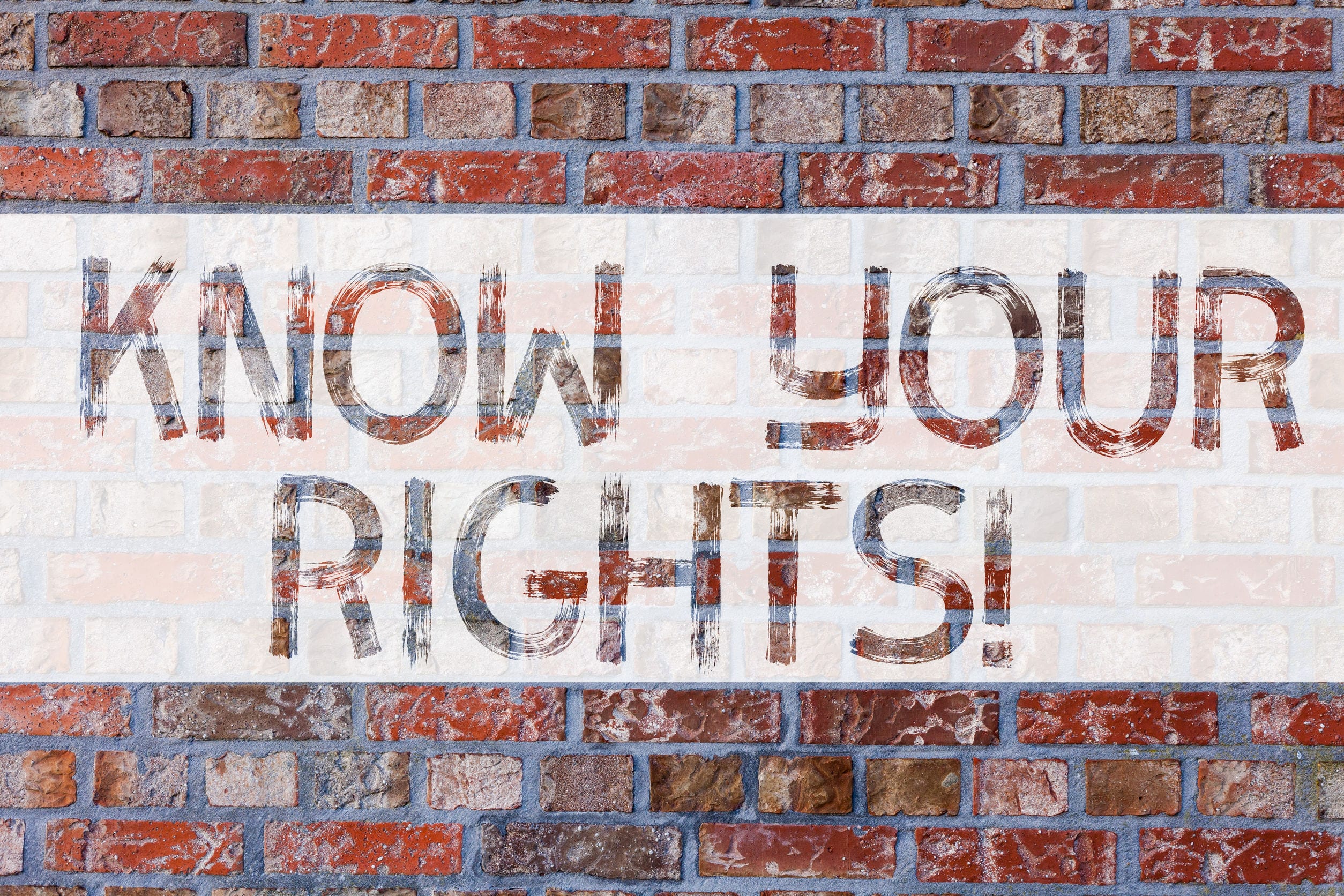- Home
- THE FIRM+
- Criminal Defense+
- CASE RESULTS
- AREAS WE SERVE+
- FAQ’s
- Blog
- Contact
AZHARI LLC BLOG
Feb. 19 2021
Citizen’s Arrest: Does It Really Happen in Illinois?

Posted By: Sami Azhari
Category:
Citizen’s arrest: It may be something you’ve only ever heard on your favorite television crime drama. You may even be wondering whether it’s a real thing!
The truth is that citizen’s arrests can happen and probably even do – even if there’s no official number that can be pointed to. There are certainly some laws on Illinois’ books that dictate when and how an ordinary citizen can arrest (or detain) another person.
While it may be true that a citizen’s arrest is subject to fewer requirements under the constitution than when you’re arrested by a law enforcement officer, there are still rules and laws that apply.
Most importantly, you still have rights no matter who is arresting you. Learn more below about citizen’s arrests in Illinois and your rights if you should ever find yourself in the situation.
Who Can Make a Citizen’s Arrest in Illinois?
A private citizen can make an arrest, but only under specific conditions. If a citizen has probable cause, meaning reasonable cause to believe a crime has been committed, then they can perform an arrest of a suspect, but not in every instance.
No Illinoisan is ever permitted under the law to arrest or detain someone if they merely suspect a crime is being or has been committed. In order for a citizen to make a legitimate arrest, they must have firsthand, intimate knowledge of the crime being (or to be) committed.
What does it mean to be arrested by a citizen? Well, it’s got nothing to do with handcuffs or Miranda Rights. All they can do is prevent you from leaving the area until the proper authorities arrive and you are turned over into their custody. It is really just a detainment.
Illinoisans’ Rights When Being Placed Under Citizen’s Arrest
As mentioned, a citizen’s arrest does not carry with it the same constitutional weight as a regular arrest by law enforcement, but that doesn’t mean the person doing the citizen’s arrest can do anything they want to you.
First and foremost, they cannot use unreasonable force against you when preventing you from leaving the area. The level of force warranted depends on the situation, but it is something that a court would potentially review to determine whether their actions were in fact legal.
It’s also important to remember your rights when it comes to an arrest in general, whether it’s done by a civilian or a law enforcement officer. Here are three of them:
- You still have constitutional rights to remain silent so that any statements you make cannot be utilized against you in court.
- You also have the right to have the representation of an attorney and if you are unable to pay for one, then one can be assigned to you by the court.
- Moreover, you cannot be compelled to answer any questions or sign any papers either.
The Safer Bet is Not to Resist Citizen’s Arrest
In reference to law enforcement, it’s always a good idea, even if you are innocent of the crimes for which you are being arrested, not to resist arrest. The same goes for a situation of citizen’s arrest, we believe. Wait for the police to arrive and do not resist arrest from them either.
Otherwise, you could open you up to charges of resisting arrest, which is a misdemeanor that can land you in jail for up to one year.
Neither is it a stretch to think someone attempting a citizen’s arrest would also be willing to press assault charges if anything should go awry. That certainly wouldn’t help you case.
If you are innocent (or even if you’re not) don’t add to potential problems by resisting citizen’s arrest. Stay calm while being detained and contact your attorney as soon as you are able.
What About a False Citizen’s Arrest?
A law enforcement officer has a lot more leeway when conducting an arrest than a private citizen does. If a police officer arrests someone they mistakenly but reasonably believed to have committed a crime, then they aren’t likely to be prosecuted for it.
However, private citizens who make arrests under the same circumstances can be held liable for things such as false imprisonment, which is most closely associated to kidnapping charges.
Herein lies the issue with a citizen’s arrest and why you don’t see it done that often: Performing a citizen’s arrest can open up the citizen to criminal and civil liability as well, especially if force is used to apprehend a suspect.
For example, if a citizen attempts to arrest someone and uses deadly force, then they not only open themselves up to manslaughter or murder charges criminally, they also open themselves up to civil actions such as wrongful death from the family of the person they killed.
However, if they can prove in court that they had probable cause to believe that the person they attempted to arrest committed a crime, they cannot be held liable for damages in Illinois.
A citizen’s arrest is something you may never encounter over the course of your entire life. It isn’t impossible though, or Illinois legislators wouldn’t have developed the laws and procedures behind the concept.
Understanding what citizen’s arrest is and isn’t can help to ensure your rights as the accused are upheld in the situation and you stay safe.
About the Author
Sami Azhari has been working as a lawyer since 2007, after receiving his Juris Doctor from the Michigan State University College of Law. He has handled numerous state and federal cases and is known throughout the Chicago and Rolling Meadows area for providing his clients with high-quality, skilled representation. He has been recognized by Avvo (2013 and 2018), SuperLawyers (2015-2020), The National Trial Lawyers, and other notable organizations, and has spoken at a number of legal conferences.



























































